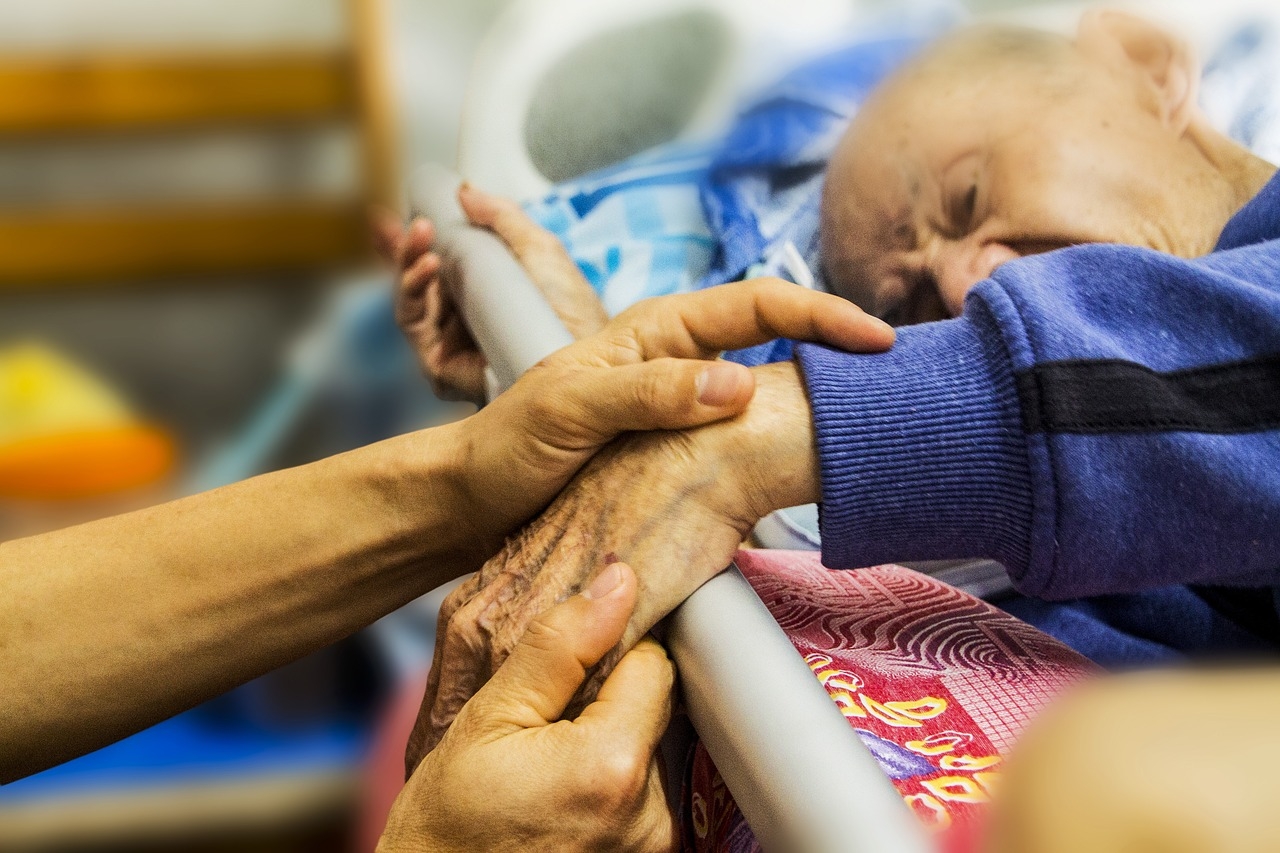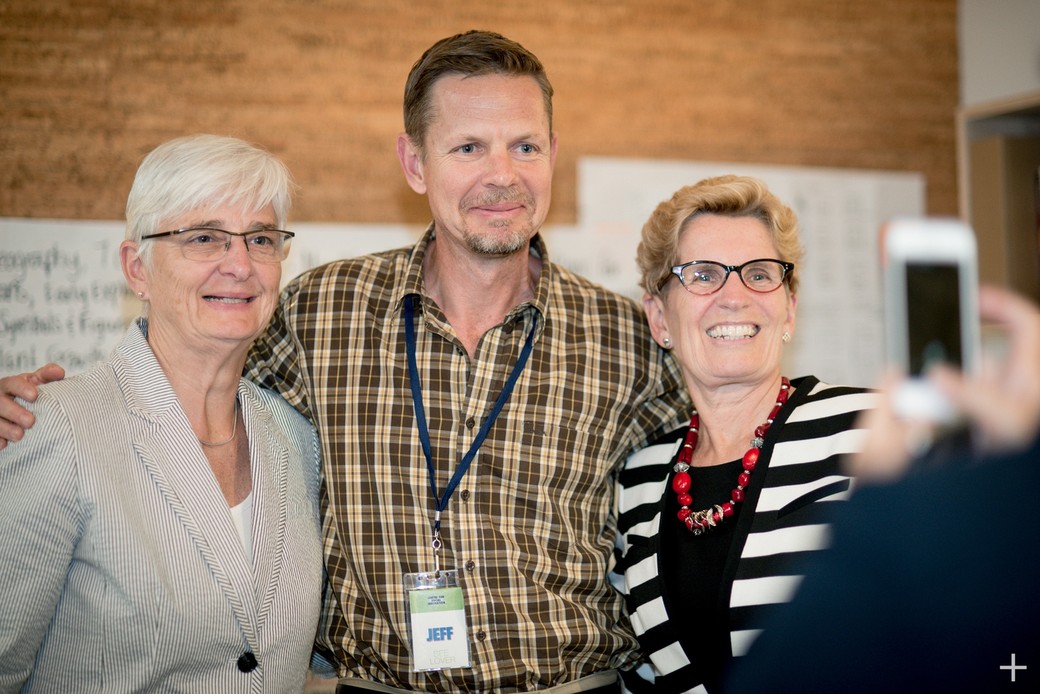
Canada must learn lessons from Belgium on assisted dying legislation
By Trudo Lemmens
While we were debating in Canada the potential expansion to our Medical Assistance in Dying (MAID) law, a criminal trial concluded in Belgium against three physicians involved in the death of Tine Nys. Diagnosed in 2010 at age 37 with Asperger’s, Nys received MAID under Belgium’s liberal euthanasia regime two months after the diagnosis.
The jury declared the physicians not guilty, but many, including the Minister of Justice, declared that the case raises questions about the role of key requirements in the law, including the interpretation of ‘unbearable suffering’ and the ‘medically hopeless’ nature of a condition.
The case clearly highlights the challenges of introducing MAID for persons with chronic physical, developmental and mental disabilities not facing imminent death. Belgium is one of only two jurisdictions that allow this. Yet, this seems the path our government wants to take in response to the Truchon decision by the Superior Court of Quebec, which declared the ‘reasonable foreseeable death’ criterion of MAID unconstitutional.
Before expanding our own social experiment with MAID, we should learn from the experience overseas — and how it connects to what is already happening with MAID here.
Indeed, some of our MAID cases already raise related concerns. One can think here of 61-year Alan Nichols, who received MAID in June 2019. The RCMP brought him to hospital because he was confused and suicidal. Deemed capable, he received MAID one month later.
His family learned only four days before that his life would be ended. He had a cognitive disability and profound hearing loss, which hindered communication. Nichols’ family begged to get time to set up better social and health care supports for Nichols. To no avail.
If we already see questionable applications with our albeit-vague concept of ‘reasonable foreseeable death,’ what happens when MAID becomes by law a matter of whether we live at all rather than a matter of controlling our manner of dying?
Legalizing MAID outside the end-of-life context explicitly confirms the ableist presumption that people with chronic disabilities may be better-off dead. We open up MAID for a host of developmental and mental health conditions, characterized by often-vague diagnostic criteria and challenging predictions of treatment success.
Autism, profound grief, schizophrenia, depression, bi-polar disorder, PTSD and anxiety have all been accepted as a basis for MAID in Belgium and the Netherlands. It’s true, these conditions often create immense suffering; but evidence shows that with support and quality care, most learn how to cope and obtain a good quality of life. We cannot predict who does not.
In the absence of an end-of-life criterion, the presence of ‘unbearable suffering’ will become the litmus test for determining whether someone gets MAID. Largely subjective, it is in part determined by the social, cultural, familial and health care context that surrounds us. An assessment of unbearable suffering is further influenced by health care providers’ perceptions of the quality of a life for persons with disabilities.
In a co-authored publication, the psychiatrist in the Nys case identified a wide spectrum of sources of unbearable suffering as a legitimate basis for MAID, including social determinants of mental health: social isolation, unemployment, financial troubles, childhood trauma and conflicts with significant others.
When we move outside of the end-of-life context, determining whether someone has capacity to opt for MAID becomes much harder. In mental illness, the desire to die is often a component of the illness we need to address, not a carefully weighed autonomous choice.
Rather than radically expand our current MAID law in haste, and surrender to the court’s short timeline, the government should request an extension and discuss with Parliament the evidence from jurisdictions that have taken this path.
We should assess how we already have problems with our MAID regime and strengthen safeguards for persons with disabilities. This should include a more precise end-of-life style criterion. If there are doubts about the constitutionality of safeguards, the government should submit its bill for reference to the Supreme Court.
When drafting policies involving life and death, we should err on the side of life, not on the side of its termination.
?
![]() ??
??
Trudo Lemmens is Professor at the Faculty of Law and the Dalla Lana School of Public Health of the University of Toronto. He was an expert witness for the government in the Truchon case and a member of the Council of Canadian Academies Expert Panel on MAID.???????









